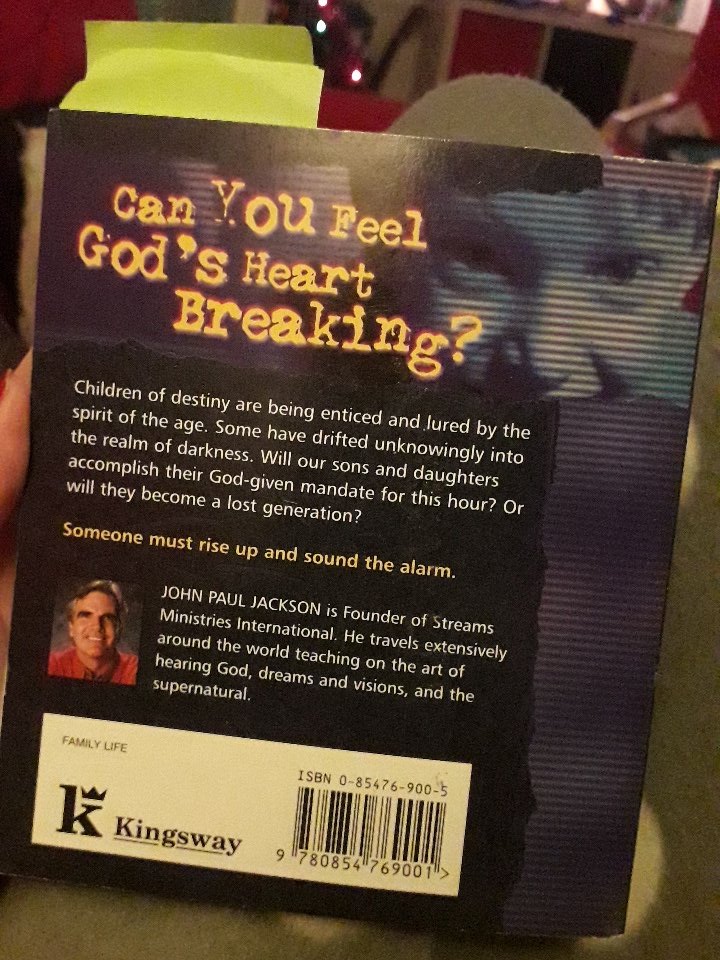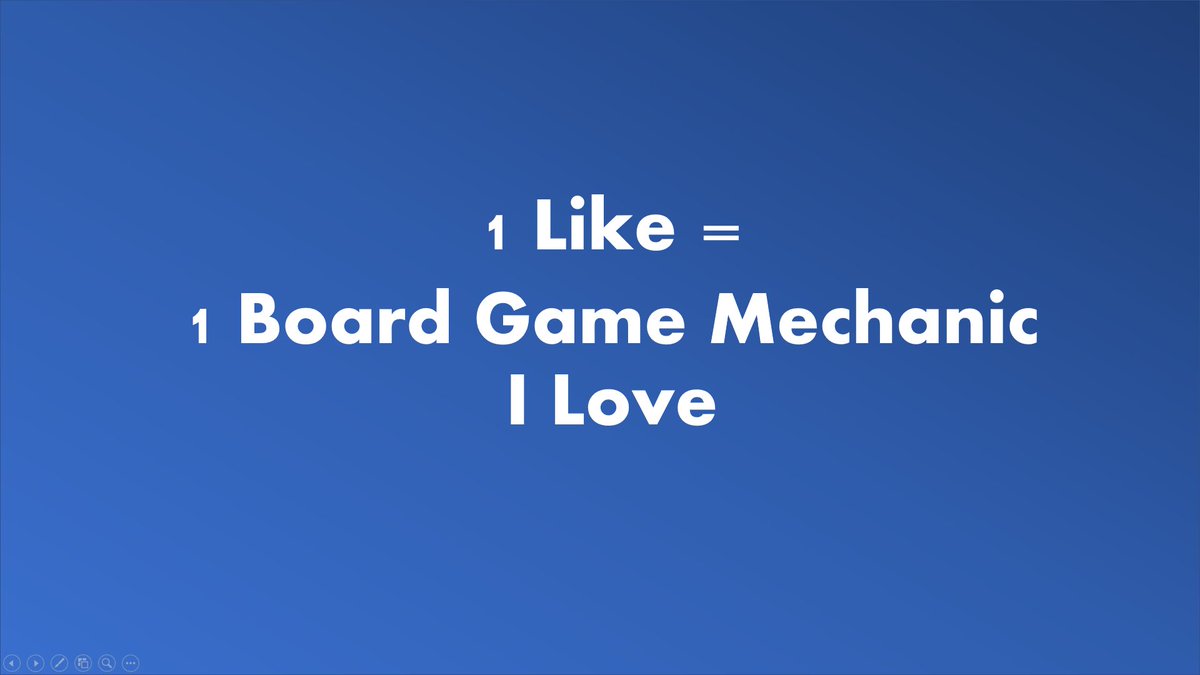Dungeons & Dragons
Pathfinder
Marvel Super Heroes
Marvel Heroic Roleplaying
Ghostbusters
Monster of the Week
Fate
Edge of the Empire
Mutants and Masterminds
7th Sea 2nd Edition
I also don't lump Pathfinder in there because despite being a similar rules base, I learned completely different things from how the game was supported.
"We've kept all the proper names you loved in the Forgotten Realms, but killed off all the meaning so it can be all things to all people, with no good reason to use this instead of the Nentir Vale."
1. Introduce new people to the game
2. Remind people that your game is a current "thing"
3. Provide content for players that may not have a steady home game.
Marvel Heroic Roleplaying is an interesting journey for me, because it's one of my all time favorite RPGs, and the first thing it taught me was that I just didn't get it the first time I read it.
Side note--Ghostbusters and Star Frontiers were the first RPGs I bought with money from my job at the egg farm.
First off, I wouldn't understand Powered by the Apocalypse games without Monster of the Week. Partial credit for that also goes to WWWRPG.
Some of what I could have learned in Fate I learned in other RPGs before I jumped on the bandwagon. Additionally, my first engagement with Fate was a little rocky.
One of the reasons I think Edge of the Empire stands a little taller than the other two lines is that it stakes out really clear territory.
Three big things jump out at me as noteworthy-
1-Heroes are assumed to succeed unless someone else "countersucceeds"
2-Heroes complete stories to advance
3-Viewing RW cultures
In 7th Sea, you have a story. The number of steps to complete the story determines how many points you get to buy an advancement. So you have to complete arcs to advance.
















